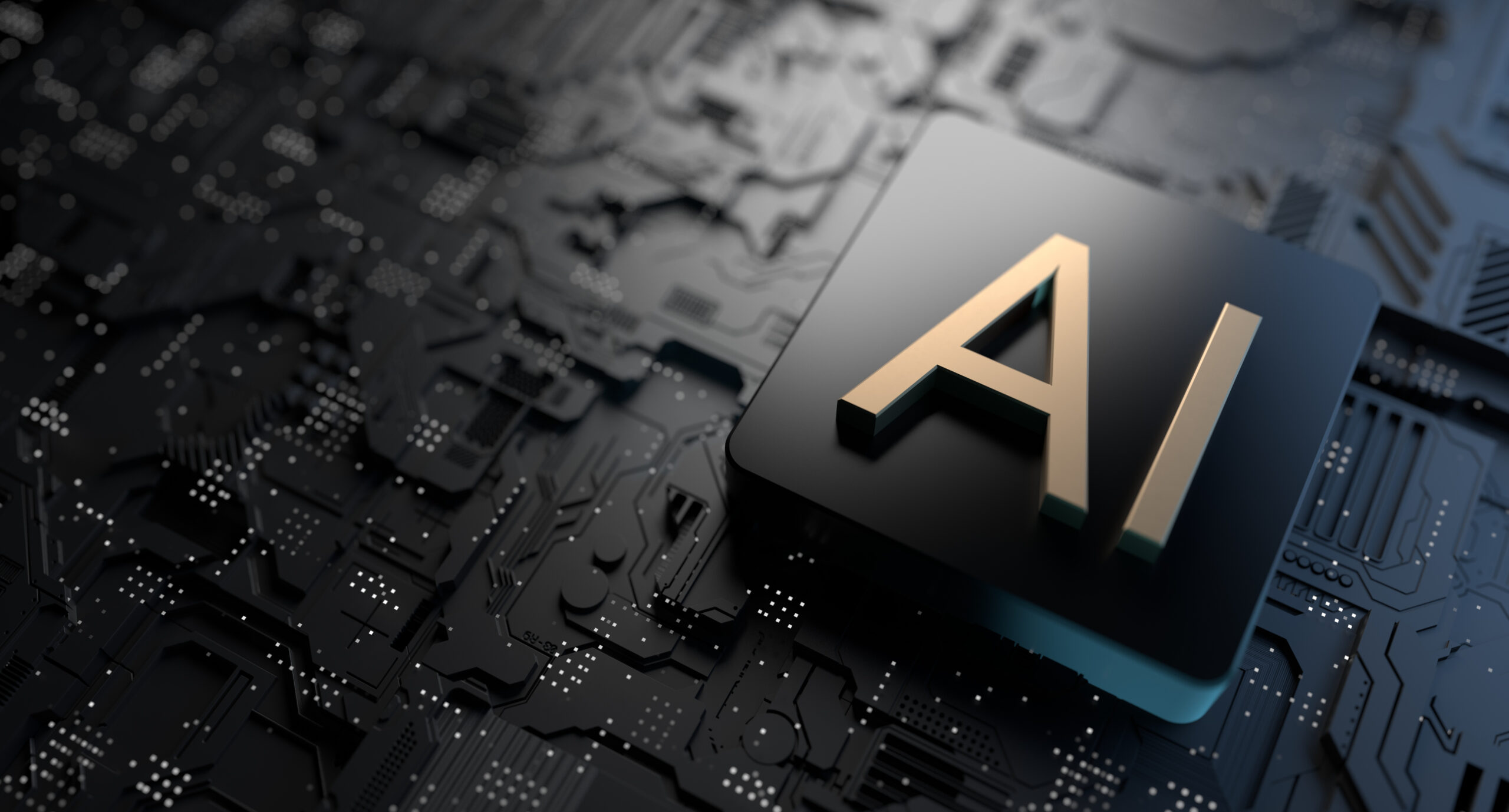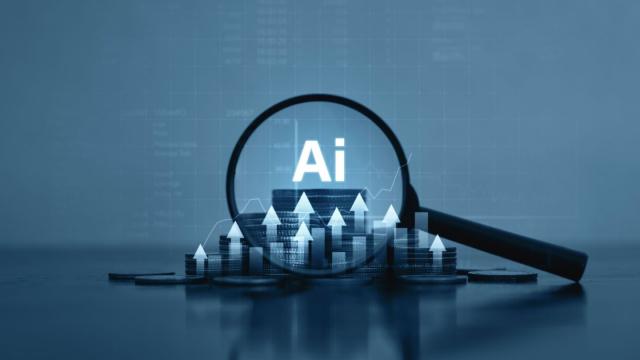

Governments worldwide are tightening regulations on artificial intelligence (AI) investments to ensure security, transparency, and ethical development. In the United States, the latest investment laws aim to curb foreign influence, encourage domestic AI innovation, and enforce stricter ethical standards.
These changes will have profound implications for AI startups, investors, and tech giants. The new laws shape who can invest in AI, how funds are distributed, and what compliance measures companies must meet.
Key Impacts of the New AI Investment Laws 1. Stricter Foreign Investment RegulationsOne of the most significant changes is the increased scrutiny of foreign investments in AI. The Committee on Foreign Investment in the United States (CFIUS) now has greater authority to block investments from adversarial nations.
Impacts:To maintain technological leadership, governments are increasing public sector investment in AI. Federal agencies such as the National Science Foundation (NSF) and Department of Energy (DOE) are allocating billions of dollars to AI research and startups.
Impacts:New investment laws include ethical AI regulations to ensure fairness, transparency, and accountability. Companies must now demonstrate how their AI systems prevent bias, protect privacy, and follow ethical guidelines.
Impacts:Governments are tightening export restrictions on advanced AI technologies to prevent sensitive innovations from being accessed by foreign competitors. AI chips, machine learning models, and data processing software now face stricter export rules.
Impacts:With foreign investment restrictions and compliance costs rising, AI startups must explore alternative funding sources.
Impacts:Investment laws now place additional scrutiny on AI applications in critical industries such as finance, healthcare, defense, and law enforcement.
Impacts:To address the AI skills gap, investment laws now prioritize workforce training and AI education programs.
Impacts:The US and its allies, including the EU, UK, and Japan, are working together to develop global AI investment standards. These agreements will align AI regulations across multiple jurisdictions.
Impacts:Swipe. Select. Stay informed.


The U.S. continues to dominate AI research and development, but China’s aggressive investments in artificial intelligence are closing the gap. As both nations compete for AI supremacy, the race for innovation is reshaping global technology, security, and economic influence
The U.S. government is ramping up investments in artificial intelligence for defense, focusing on cybersecurity, autonomous weapons, and intelligence analysis. These efforts aim to maintain national security and technological superiority in a rapidly evolving global landscape
The U.S. government’s AI policy changes are set to transform health technology investments, fostering innovation in diagnostics, treatment, and medical research. These changes could boost investor confidence and accelerate the adoption of AI-powered healthcare solutions.
As AI advances, job displacement concerns grow. However, the U.S. economy is adapting by fostering new opportunities, reskilling programs, and AI-driven industries.



Economic Impact of US AI Investment Policy Changes

US AI Investment Rules Shake Global Markets

US to Restrict Foreign AI Investments

The US tightens AI investment regulations to curb foreign influence and strengthen national security